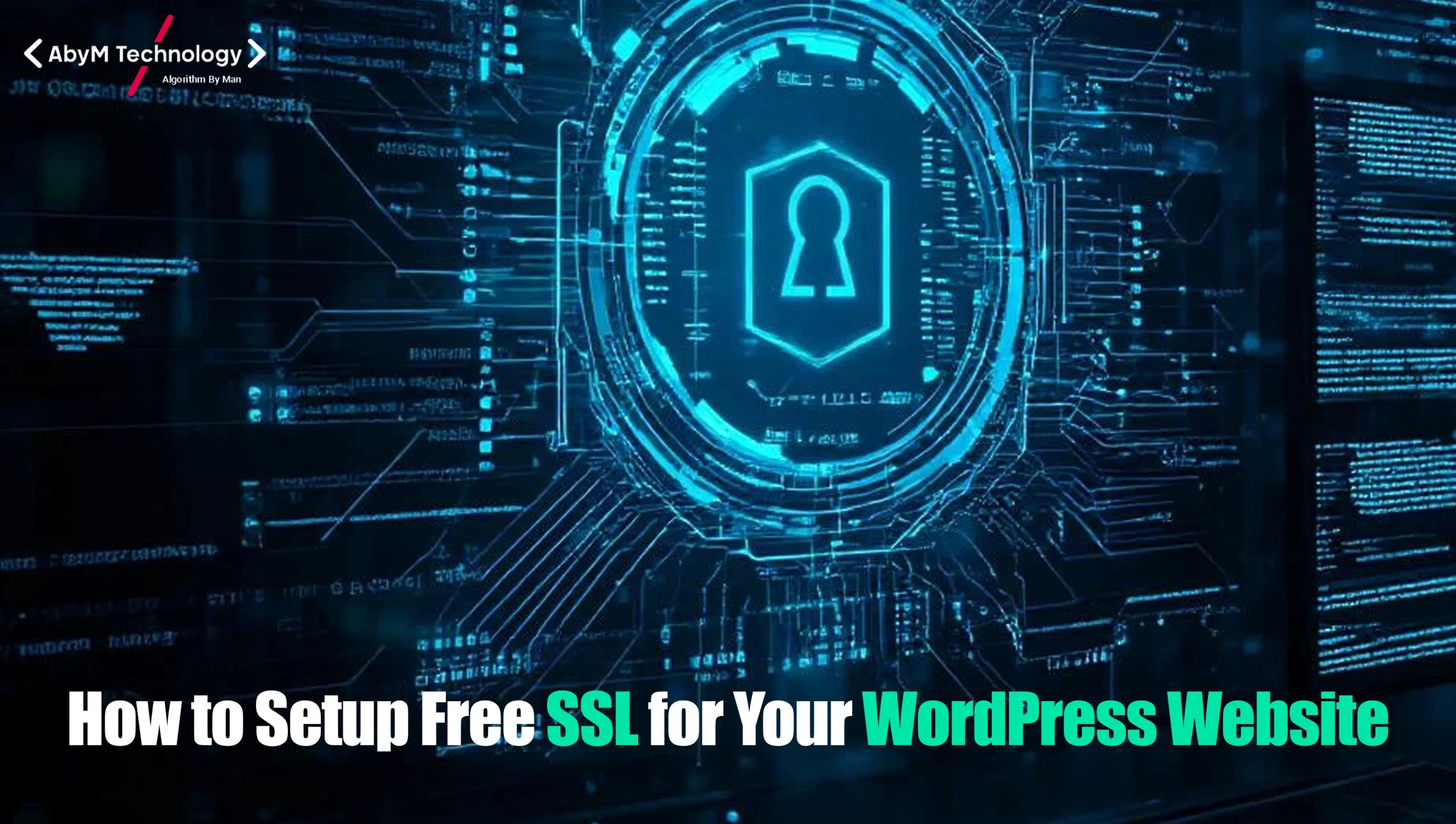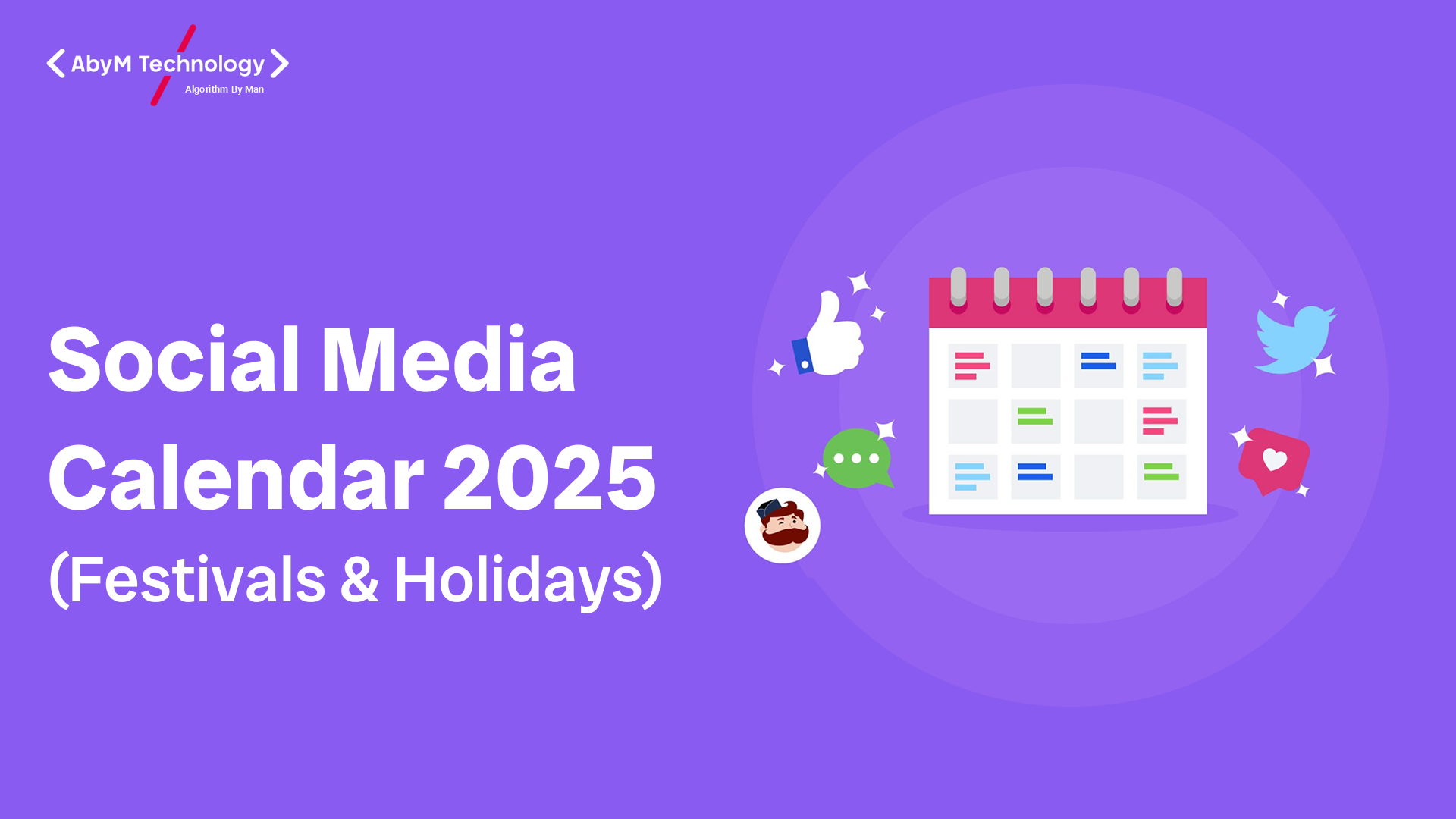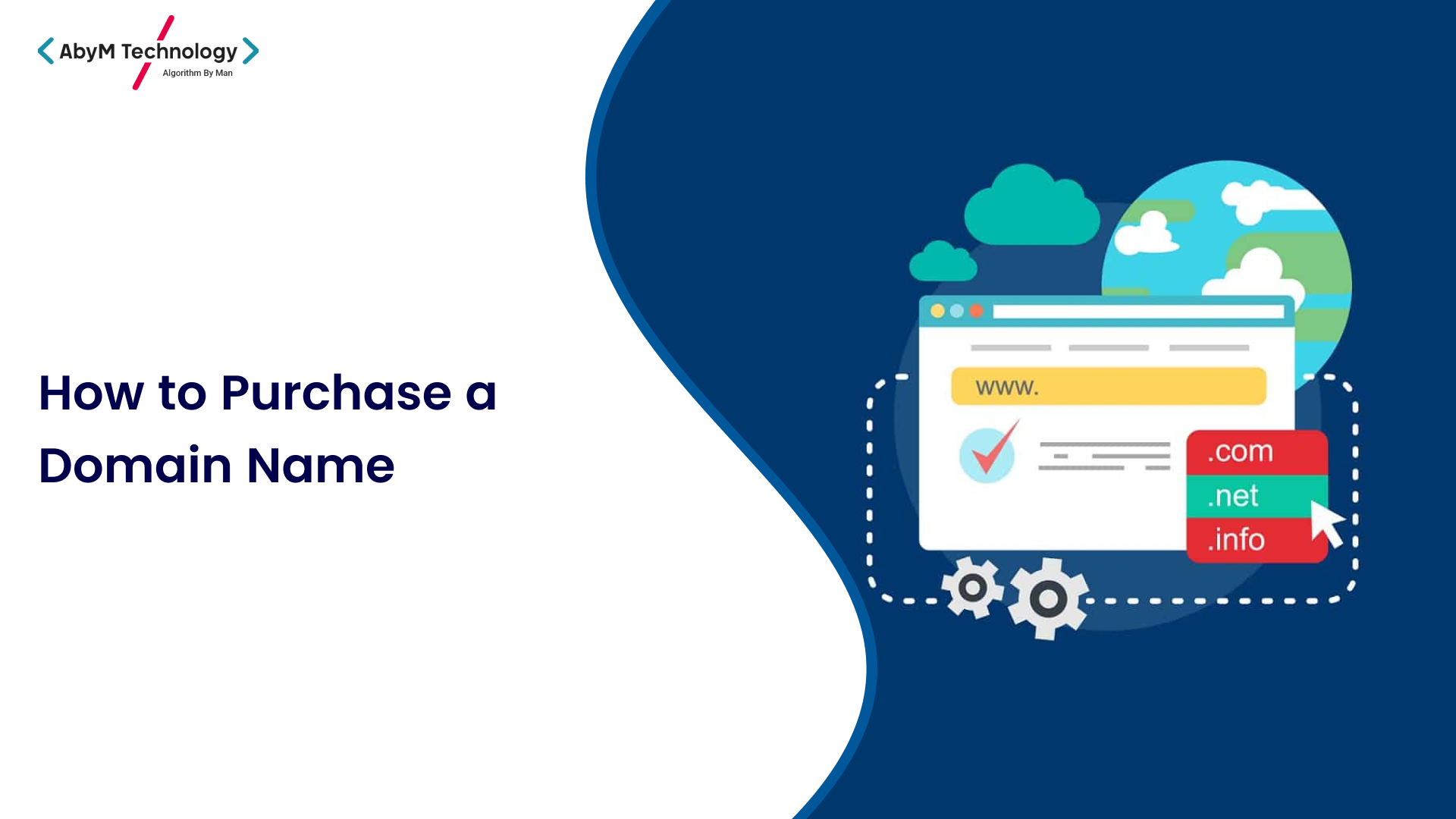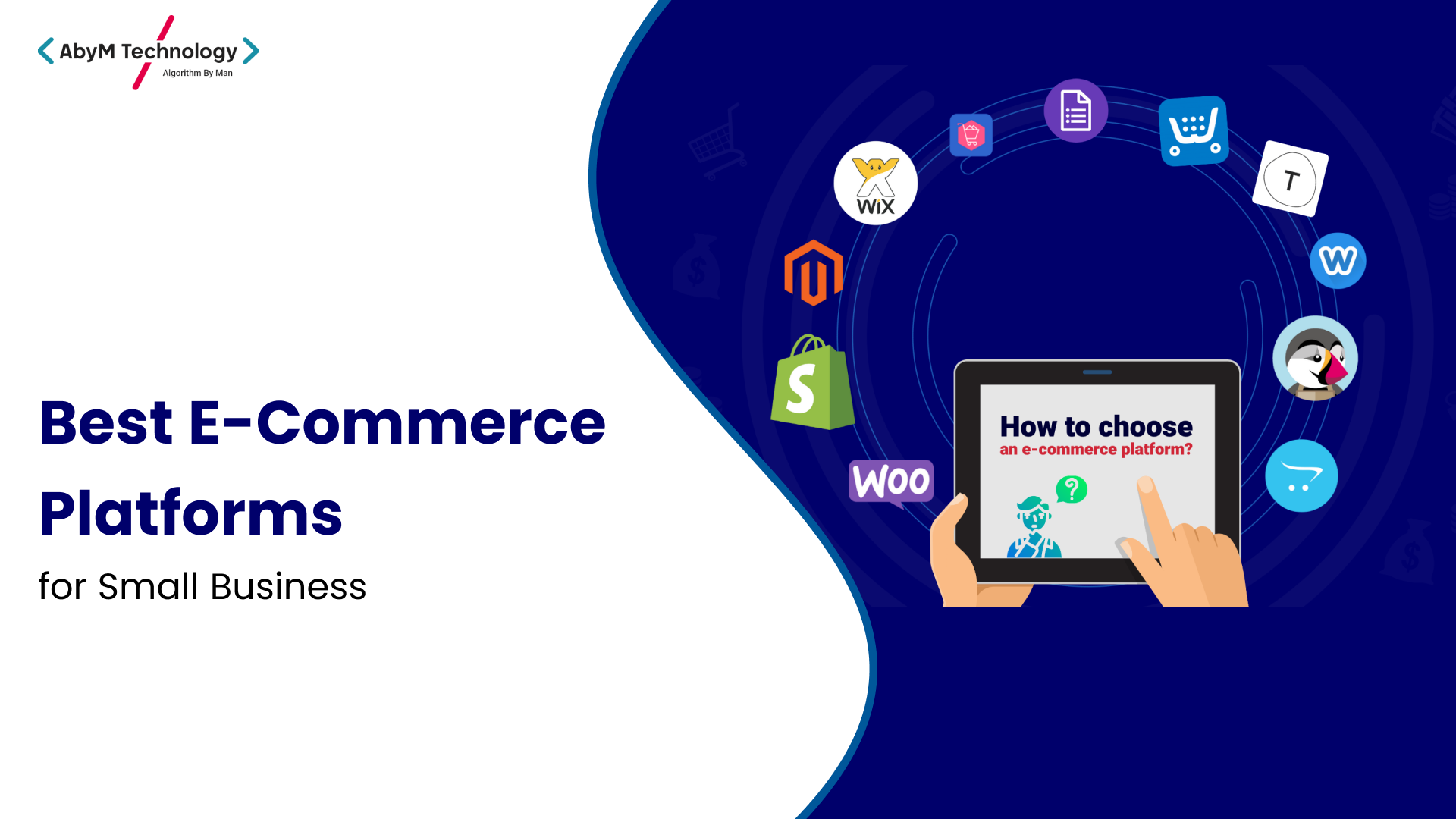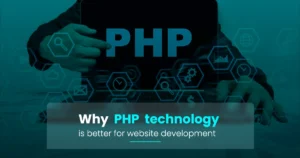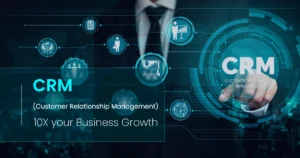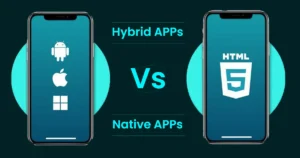What are the Advantages and Disadvantages of Pay-Per-Click?
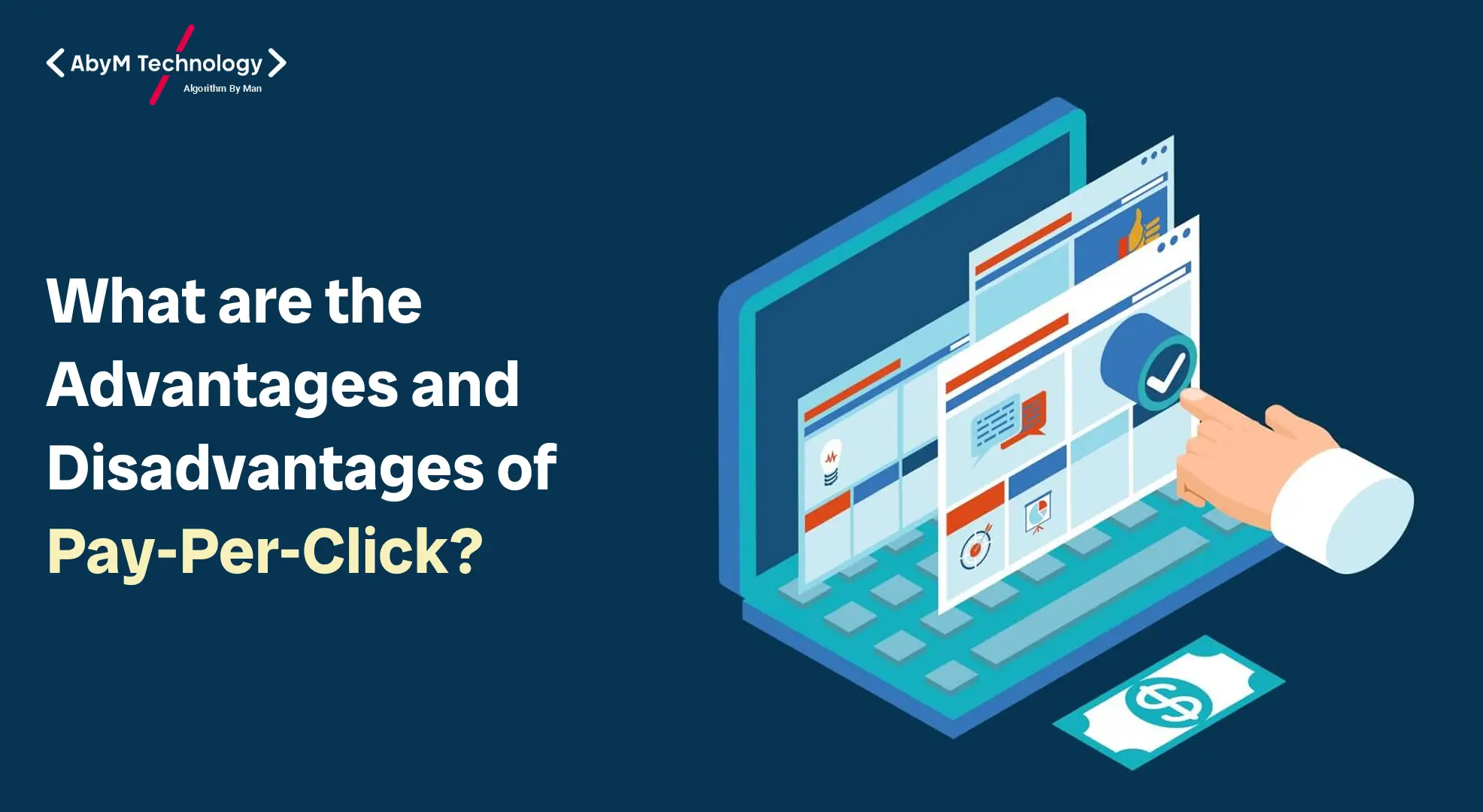
In today’s fast-paced digital world, online advertising has become one of the most crucial ways for businesses to attract customers and drive sales. Pay-Per-Click (PPC) is one of the most popular forms of online advertising, enabling businesses to place ads on search engines, social media platforms, and other websites. But like any marketing strategy, PPC comes with its own set of advantages and disadvantages.
In this article, we will explore the advantages and disadvantages of Pay-Per-Click (PPC) advertising in detail. Whether you are a business owner considering PPC as a marketing strategy or someone who wants to learn more about it, this comprehensive guide will help you understand how PPC works, its pros and cons, and how to make the most of it.
1. What is Pay-Per-Click Advertising?
Pay-Per-Click (PPC) advertising is a type of digital marketing where advertisers pay a fee each time one of their ads is clicked. Essentially, it’s a way of buying visits to your website rather than attempting to earn those visits organically.
One of the most common platforms for PPC is Google Ads (formerly known as Google AdWords), which allows businesses to bid for ad placements in the search engine results. Other platforms include Bing Ads, Facebook Ads, and Instagram Ads.
2. How Does PPC Work?
PPC operates on an auction system, where advertisers bid for keywords they want to target. The amount you pay per click depends on several factors:
-
Bid Amount: How much you are willing to pay for a click on your ad.
-
Quality Score: Google’s rating of the relevance and quality of your keywords, ad copy, and landing page.
-
Ad Rank: The position of your ad in search results, determined by your bid and quality score.
When users search for a specific term, search engines use this auction system to display ads that are most relevant to their query. Advertisers only pay when someone clicks on their ad, which makes PPC a cost-effective method of driving traffic.
3. Advantages of Pay-Per-Click Advertising
3.1 Immediate Results
One of the main reasons businesses choose PPC advertising is the instant results. As soon as your campaign is launched, your ads begin appearing, and you start receiving traffic to your website.
Unlike organic SEO, which can take months to show results, PPC provides an immediate return on investment (ROI), especially when targeting high-traffic keywords. If you need quick visibility, especially for time-sensitive offers or products, PPC can give you the edge.
3.2 Highly Targeted Audience
With PPC, you can target a highly specific audience based on various factors such as:
-
Keywords: Choose keywords that potential customers are likely to search for.
-
Location: Target users in a specific geographical area.
-
Device: Serve ads specifically to mobile or desktop users.
-
Demographics: Customize your ads based on age, gender, interests, etc.
-
Time: Run ads at specific times of the day or days of the week.
This level of granularity ensures that your ads reach the people most likely to convert, maximizing the chances of achieving your marketing goals.
3.3 Budget Control and Flexibility
PPC provides complete control over your advertising budget. You can set a daily budget to ensure that you don’t overspend, and you can pause or adjust your campaigns at any time. This level of control is particularly useful for businesses that want to test different ad creatives, keywords, or bidding strategies.
Moreover, you can scale your campaigns up or down based on your budget and performance, making PPC a flexible option for businesses of all sizes.
3.4 Measurable Results
Another key advantage of PPC is its trackability. Unlike traditional advertising methods, which make it difficult to measure ROI, PPC allows you to monitor every aspect of your campaign, including:
-
Clicks
-
Impressions
-
Conversions
-
Cost per acquisition (CPA)
You can use these metrics to fine-tune your strategy, optimize your campaigns, and improve your ad performance over time.
3.5 Increased Brand Visibility
Even if users don’t click on your ad, PPC ads can still increase brand visibility. Having your ad appear in search results positions your business as a relevant and authoritative player in your niche, which can lead to increased brand recognition and trust.
Over time, as your ads continue to show up in front of the right people, your brand’s presence in your industry will grow.
4. Disadvantages of Pay-Per-Click Advertising
4.1 Costly for Highly Competitive Keywords
While PPC allows for budget control, it can be expensive when bidding on highly competitive keywords. Certain industries (like insurance, law, and finance) often have very high CPC (cost-per-click) rates, which can make it difficult for smaller businesses to compete.
In some cases, the cost of acquiring a customer through PPC can be greater than the value of that customer, especially if your campaigns aren’t optimized.
4.2 Requires Expertise and Time
While setting up a PPC campaign is relatively easy, managing and optimizing one effectively takes time and expertise. Running a successful PPC campaign involves:
-
Keyword research and selection
-
Writing compelling ad copy
-
Optimizing landing pages
-
Analyzing and adjusting campaigns regularly
If you don’t have the time or expertise to manage PPC campaigns, you may need to hire an expert or agency, which adds to the cost.
4.3 Ad Fatigue
Over time, users may become desensitized to your ads, especially if they see the same ad repeatedly. This is known as ad fatigue, and it can lead to lower click-through rates (CTR) and decreased effectiveness of your campaigns.
To combat ad fatigue, it’s important to refresh your ads periodically, test different ad creatives, and ensure that your campaigns are targeting the right audience.
4.4 Click Fraud
Click fraud is a potential risk in PPC advertising, where competitors or bots click on your ads with no intention of converting. This can result in unnecessary ad spend and a distorted picture of campaign performance.
Platforms like Google Ads have safeguards in place to detect and prevent click fraud, but it’s still a concern that advertisers must be aware of.
4.5 No Long-Term Benefits
PPC ads stop driving traffic the moment you stop paying. Unlike organic SEO, which provides long-term benefits after your website ranks, PPC doesn’t offer lasting results. Once you stop funding your campaigns, the traffic and visibility disappear, making it a short-term solution rather than a long-term strategy.
5. Is PPC Right for Your Business?
PPC is an excellent advertising strategy for many businesses, but it’s not suitable for everyone. Here are some factors to consider before diving into PPC:
-
Budget: If you have a limited budget, PPC might not provide the most cost-effective results.
-
Industry: Highly competitive industries may see high CPCs that make PPC unaffordable.
-
Marketing Goals: If you need immediate results or are promoting time-sensitive offers, PPC is an ideal choice.
-
Expertise: If you don’t have the expertise or resources to manage PPC campaigns, consider working with an expert.
6. Conclusion
Pay-Per-Click (PPC) advertising offers businesses a powerful way to drive traffic and generate leads. Its immediate results, targeting capabilities, and budget control make it an appealing option for many businesses. However, PPC can be expensive, requires constant optimization, and offers no long-term benefits, which are important considerations.
Ultimately, whether or not PPC is the right strategy for you depends on your business goals, budget, and expertise. By understanding both the advantages and disadvantages of PPC, you can make an informed decision about how to use it effectively within your broader marketing strategy.
Remember, PPC is just one tool in your digital marketing toolbox. When combined with other strategies like content marketing, SEO, and social media, it can become a highly effective part of your overall marketing plan.
Final Thoughts
If you’ve found this guide helpful, make sure to subscribe to our newsletter for more insights into digital marketing strategies. Whether you’re looking to optimize your SEO or launch a PPC campaign, we have the tools and resources to help you succeed in the competitive world of online marketing.

